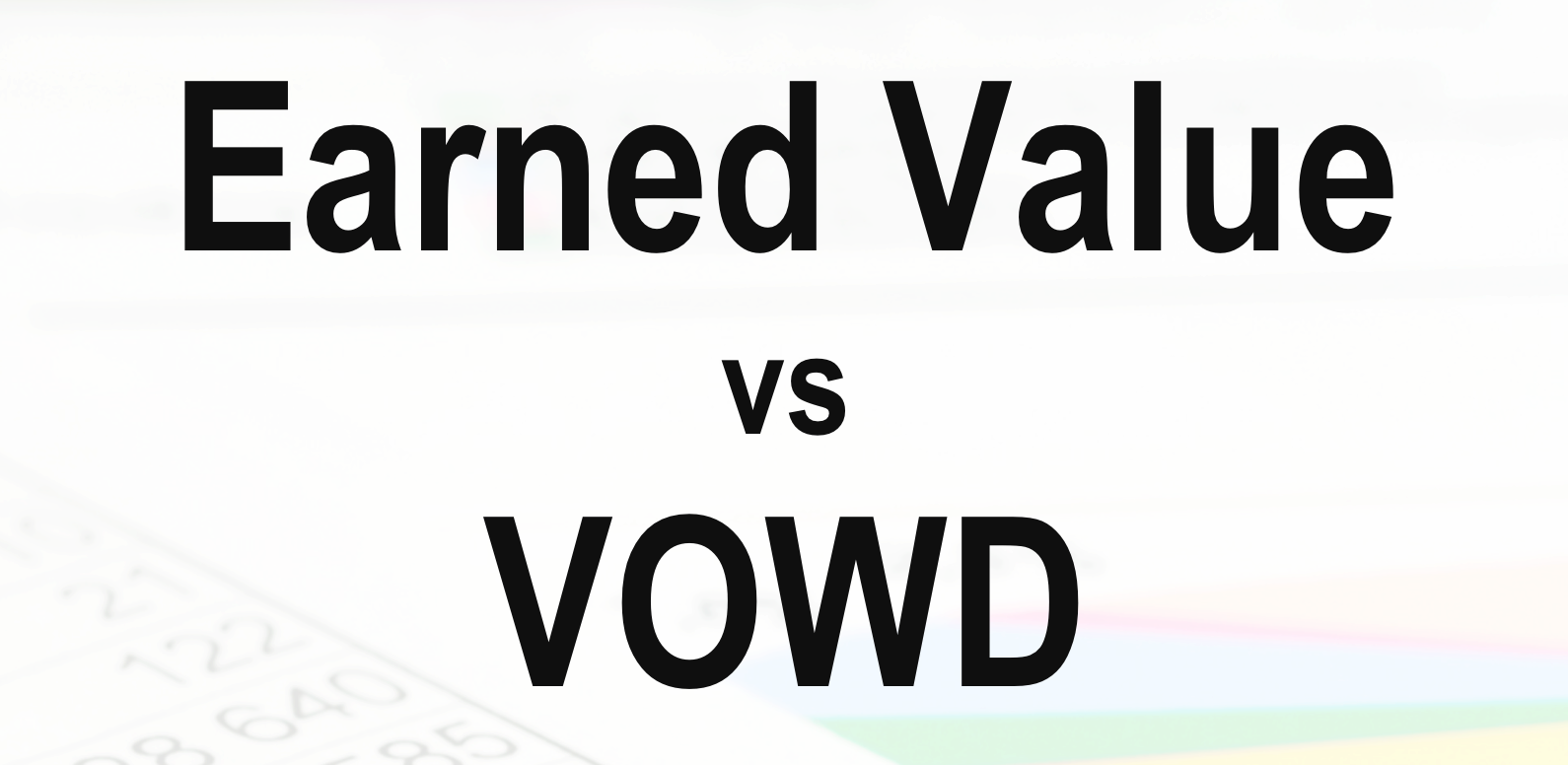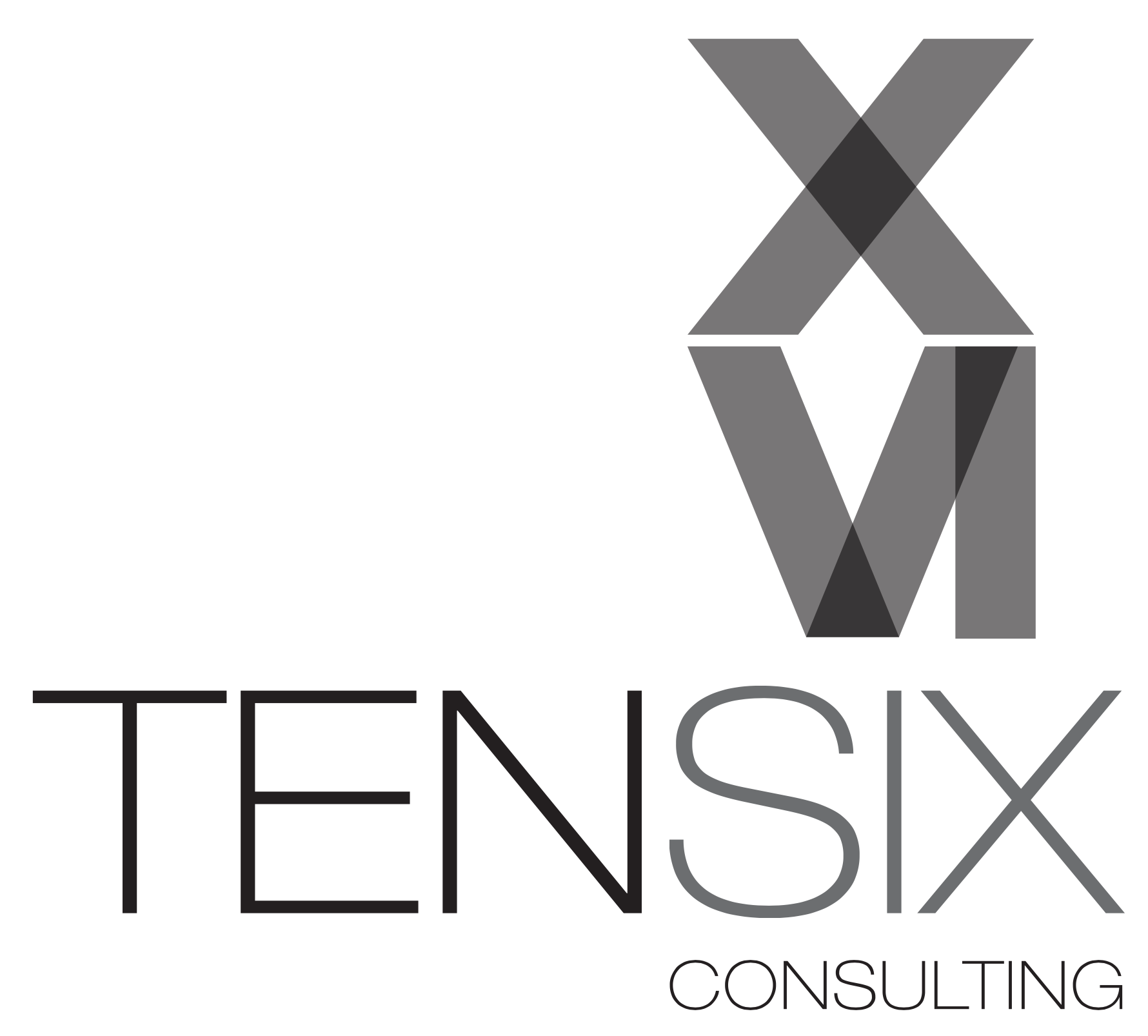 Earned Value vs VOWD
Earned Value vs VOWD
Keeping a project on schedule is one of the most important things for a project manager – and that’s especially the case in large scale construction and engineering works. Whether your team is a small contractor on the site of a large build, or in charge of making sure the whole contract comes in on time and on budget, hitting deadlines is the every day goal.
Project teams need to make sure things keep moving, which is why there is so much focus on schedule creation and tracking. A good schedule is the benchmark against which the project will be assessed, so it’s important that the project plan reflects the work in an accurate way.
However, creating the schedule is not enough. You also have to track schedule performance and the project budget to make sure that the team is getting through the work at the expected rate. That information helps the project leadership team take better decisions about how to manage and control the work to ensure the project deliverables are completed as expected.
Earned Value management is one way to do that, but you may also have heard of Value of Work Done (VOWD). The Earned Value vs VOWD discussion is an interesting one to understand, so you can make sure your team is choosing the project control methods that best fit your work.
Let’s recap Earned Value first, and then look at what VOWD brings to the table.
Earned Value definition
We live and breathe Earned Value, through our training courses and consultancy services, so we’ve written a lot about it in the past.
To quote a previous article:
“[EV is] the value of the work that has actually been completed, so this is where project performance comes into play… Earned Value represents what you have got for the investment in the project so far and can help you spot trends.”
The formula for calculating this measure is:
EV = Budget At Completion (BAC) x % complete.
Value of Work Done (VOWD) definition
VOWD is a measure that helps you understand the financial productivity of the project. For that reason, it’s common in projects that follow an EPC contract lifecycle (engineer, procure, construct), like oil and gas and construction.
VOWD is a measure of the actual cost of a project at a particular point. The main difference between VOWD and EV is that VOWD is an expression of the total value (i.e. money) of the work done to that specific date, regardless of whether the goods and services used have been paid for or even received.
VOWD is calculated by comparing the work completed to the committed costs, which include purchase orders, change requests, payment schedules and other commitments that might be contractual but haven’t yet arrived on site.
Earned Value is a way of comparing the project cost against the initial baselined schedule with a goal of identifying cost variance and schedule variance.
The VOWD calculation at its most basic is expressed as a percent complete figure that reflects work completed compared to committed costs, either for a phase, a deliverable or the project overall. However, the nuances of the math can differ depending on what you want to use the calculations for and the type of work and contracts that the project is using.
Why use VOWD?
If you are already using Earned Value, you might ask whether VOWD is just another figure that tells you a very similar thing. What’s the point in using both?
VOWD is another option for cost tracking and gives you another way of looking at your data. You can use it as well as EV, and some project controls methodologies might require you to use it. It’s not an either/or discussion: you can use both if it helps you better understand project progress and make the right decisions for what action steps are required to keep the project moving forward.
Getting the data for an accurate VOWD report requires you to be using project management tools that track project costs in a transparent and real-time way. It’s not enough for you to add up the prices on your purchase orders; you also have to track staff costs too. If you are operating in a mature project management environment that meets the requirements for EV reporting, you probably have everything you need already in place to add this measure to your arsenal if you would find it useful.
VOWD is suitable for some project environments and is a useful inclusion in project status reports and discussions where it is necessary and understood. If you are considering adding it to your approach for project financial management, then make sure you are clear on why you want to adopt it as a measure of project progress and how it is going to be used across various teams.
